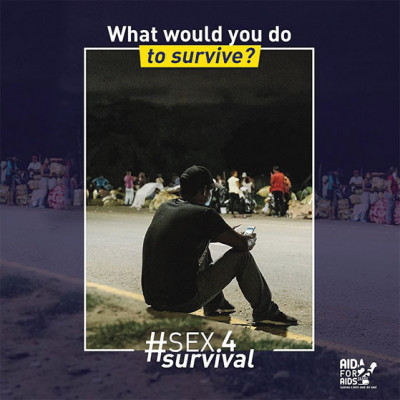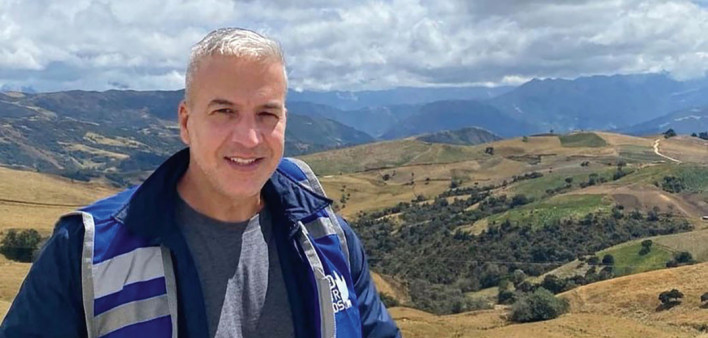Lifesaving combination therapy for HIV arrived in 1996. That year also saw the launch of Aid for AIDS, an international organization based in New York City that gathers unused, unexpired meds and distributes them to people living with HIV across the globe who don’t have access to treatment.
Founded by Jesús Aguais, who moved to New York City from Venezuela in 1989 and worked for 12 years at an AIDS program in the now-shuttered St. Vincent’s Hospital, Aid for AIDS has collected over $160 million worth of antiretrovirals and provided them to over 55,000 people in 70 countries. The nonprofit also accepts and distributes meds for the treatment of comorbidities common among people living with HIV, such as hepatitis C and high cholesterol.
“Recycling unused and unexpired medication is a simple but very powerful way to save lives,” Aguais says. “Because HIV is now considered a chronic disease here in the United States, people actually are not aware of the potential that donating their surplus medication can have.”
The need for donated HIV meds has only grown during the COVID-19 pandemic—donations dropped nearly 70% over the past two years—and humanitarian crises throughout the world put entire populations at risk for medicine and food shortages. For example, over 6 million Venezuelans have fled the country since 2014, and Aid for AIDS has been the main supplier of HIV meds, delivering over 500,000 antiretrovirals so far. What’s more, Aguais says, “Many refugees perform sexual acts for survival. This phenomenon has to be addressed within the HIV response framework.”

A campaign to help Venezuelan refugeesFacebook/AidforAIDS
Aid for AIDS receives its medications, Aguais says, from “people with HIV, case managers and HIV providers. We also have a very dedicated network of partner organizations that collect medicine donations from their communities and clients for us.”
Visit AidforAIDS.org to learn how you can help and contribute meds. “We need donations,” Aguais says. “We need your surplus medication to save lives.”







Comments
Comments